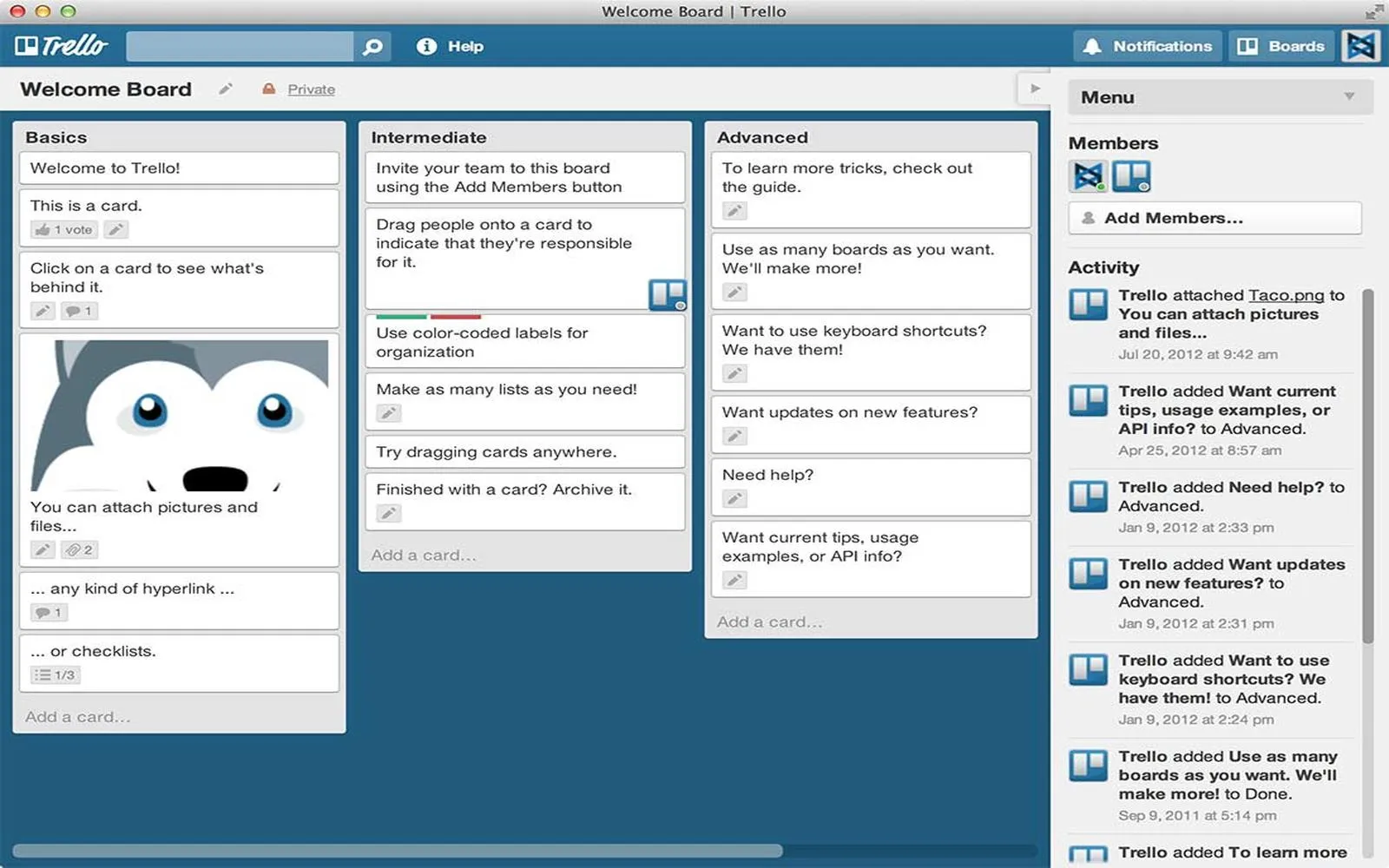Working from home has become a common practice for many professionals around the world. While it offers flexibility and convenience, it can also lead to the temptation of working longer hours. ''Remote workers'' often find themselves blurring the lines between their professional and personal lives, which can lead to burnout. To maintain productivity and mental well-being, it is crucial to establish boundaries and avoid overworking. Below, we will explore strategies to help you manage your time effectively while working from home.
Understanding the Risks of Overworking
When working from home, the lack of a structured office environment can make it easy to lose track of time. ''Studies'' have shown that remote workers often put in more hours than their in-office counterparts. This can lead to various negative effects, including stress, decreased productivity, and even health issues. It's essential to recognize these risks and take proactive measures to prevent overworking.
Setting Clear Boundaries
One of the most effective ways to avoid working more when you work from home is to set clear boundaries. Here are some tips to help you define your work hours:
- Establish a Routine: Create a daily schedule that outlines your work hours, breaks, and personal time. Stick to this routine to maintain a healthy work-life balance.
- Create a Designated Workspace: Set up a specific area in your home for work. This can help you mentally separate your work from your personal life.
- Communicate Your Availability: Inform your colleagues and manager about your working hours. This will help manage expectations and reduce interruptions outside of those hours.
Utilizing Time Management Techniques
Effective time management is key to maintaining productivity without overworking. Here are some popular techniques that can help you manage your time better:
| Technique | Description | Benefits |
|---|---|---|
| Pomodoro Technique | Work for 25 minutes, then take a 5-minute break. | Increases focus and prevents burnout. |
| Time Blocking | Schedule specific blocks of time for different tasks. | Helps prioritize tasks and reduces distractions. |
| Two-Minute Rule | If a task takes less than two minutes, do it immediately. | Reduces procrastination and increases efficiency. |
Taking Regular Breaks
Taking regular breaks is vital for maintaining productivity and preventing fatigue. When working from home, it can be easy to forget to step away from your desk. Here are some tips to ensure you take breaks:
- Set Alarms: Use alarms or reminders to prompt you to take breaks throughout the day.
- Incorporate Movement: Use your breaks to stretch, take a short walk, or do a quick workout. This helps refresh your mind and body.
- Disconnect: During breaks, step away from your computer and engage in activities that don't involve screens.
Leveraging Technology Wisely
While technology can enhance productivity, it can also lead to the temptation to work longer hours. Here are some ways to leverage technology wisely:
- Use Task Management Tools: Utilize tools like Trello or Asana to keep track of your tasks and deadlines without overwhelming yourself.
- Set Notifications: Turn off work-related notifications outside of your working hours to prevent distractions.
- Automate Repetitive Tasks: Use automation tools to handle routine tasks, giving you more time for critical work.
Practicing Mindfulness and Self-Care
Mental well-being is crucial when working from home. Practicing mindfulness and self-care can help you stay centered and focused:
- Meditation: Spend a few minutes each day practicing mindfulness or meditation to reduce stress and improve concentration.
- Stay Active: Incorporate physical activity into your daily routine, whether it's through yoga, walking, or any form of exercise.
- Social Connections: Maintain social connections, even virtually, to combat feelings of isolation that can come from remote work.
Conclusion
Working from home presents unique challenges, especially regarding maintaining a healthy work-life balance. By setting clear boundaries, managing your time effectively, taking regular breaks, leveraging technology wisely, and practicing mindfulness, you can avoid the pitfalls of overworking. Remember, the goal is to be productive without sacrificing your well-being. Embrace the flexibility of remote work while ensuring you prioritize your health and happiness.





